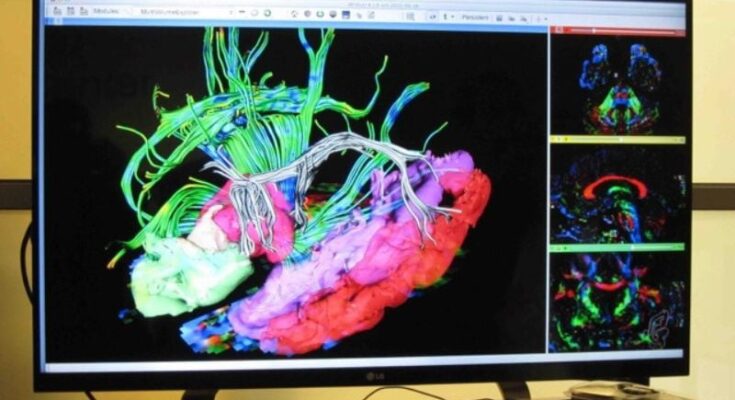As the world gets older, more people experience problems with their memory and thinking skills. This issue affects many individuals and their families. Each year, there are over 10 million new cases of dementia worldwide.
However, a recent study in the US found that about 13 percent of people diagnosed with dementia might not have actually have this condition. These people could have a treatable illness instead but are not getting the right treatment as a result of a false diagnosis.
“Health care providers [must be] made aware of this potential overlap between dementia and hepatic encephalopathy, which is treatable,” says Jasmohan Bajaj, a liver specialist at Virginia Commonwealth University.
Overlap between dementia and hepatic encephalopathy
Hepatic encephalopathy is a brain condition caused by liver failure. It affects more than 40 percent of people with end stage liver disease, also known as cirrhosis. The mental problems it causes are often mistaken for dementia.
The liver has many important jobs. It controls the levels of most chemicals in our bodies, filters the blood, and helps with digestion.
Up to 13% of Dementia Cases May Be a Misdiagnosed Treatable Liver Condition | ScienceAlert
As the global population ages, more of us face frightening cognitive decline, personally or in our loved ones. There are over 10 million new cases of dementia globally each year.
But a… pic.twitter.com/5bjrJHFOZv
— Owen Gregorian (@OwenGregorian) July 17, 2024
Besides the well-known damage alcohol can cause, the liver is also at risk from the hepatitis virus, high cholesterol, obesity, diabetes, stress, and aging. However, if detected early and treated properly, liver damage can be reversed.
Many of these risks can be reduced through changes in diet and lifestyle. Additionally, new drug treatments are being developed. In fact, treating hepatic encephalopathy has improved cognitive issues in at least two patients who were initially diagnosed with dementia.
“He is a different person!” says the wife of one patient, noting that his memory loss, falls, tremors, and hallucinations all disappeared.
Aging impact on the liver may be reversible
A recent study in mice suggests that the effects of aging on the liver may be reversible if addressed early.
“We’ve shown that aging exacerbates non-alcoholic liver disease…and by reducing this impact, we can reverse the damage,” explains Duke University hepatologist Anna Mae. “You are never too old to get better.”
Earlier this year, Bajaj and his team reviewed the medical records of 177,422 US veterans diagnosed with dementia between 2009 and 2019. None had been diagnosed with liver disease, but over 10 percent had high fibrosis 4 (FIB-4) scores, indicating likely cirrhosis (end-stage liver disease).
In their latest study, Scott Silvey, a biostatistician at Virginia Commonwealth University, teamed up with Bajaj and other researchers to review 68,807 medical records from a national database of non-veterans. They aimed to determine if their earlier findings among veterans applied to the broader US population.
Surprisingly, they discovered that nearly 13 percent of these patients had high FIB-4 scores, indicating a strong likelihood of cirrhosis.



